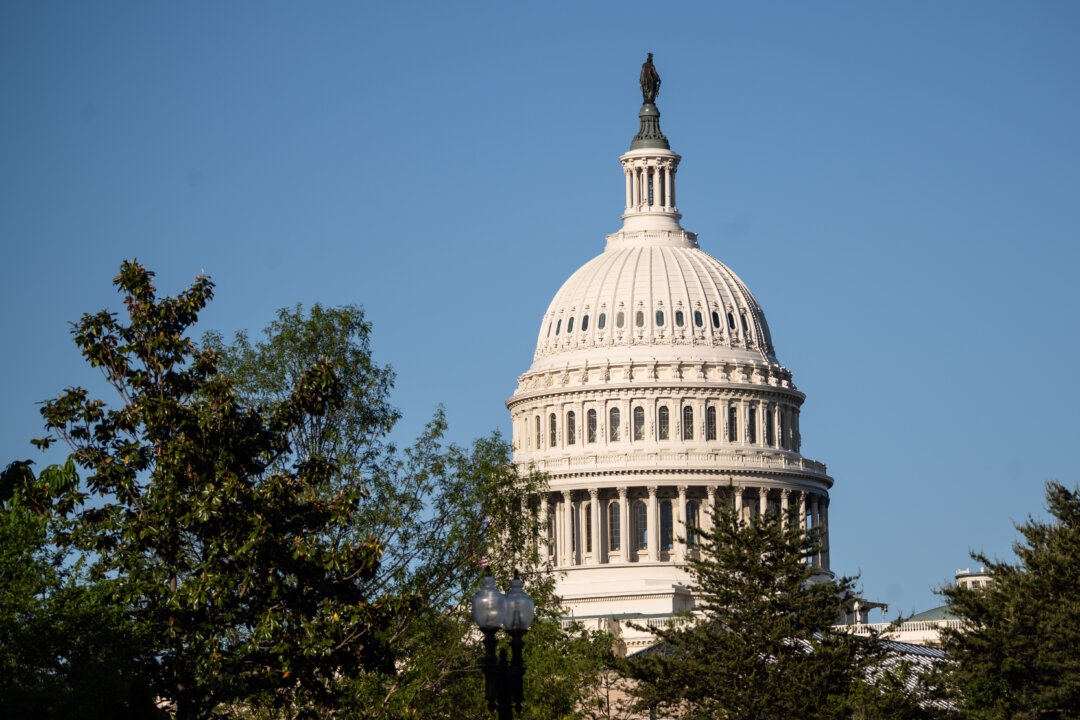Everyone should be appalled by the gleeful dismantling of biomedical science by Donald Trump’s appointed goons at the Department of Health and Human Services and the Justice Department. After all, the changes they are cramming down the country’s throat will negatively impact the health and well-being of everyone in the U.S.
, regardless of their socioeconomic status (although those at the lower end will, as usual, suffer the worst). Some pushback is happening, but it is completely eclipsed by the sheer torrent of actions being taken and the audacity of the actors. It started with baffling funding cuts and layoffs designed to cripple ongoing scientific inquiry — particularly in infectious disease, cancer and autism.

But more recently, a series of insidious new threats have emerged against a foundational pillar of science: Publication of scientific findings in peer-reviewed journals. The editors of at least five respected journals, including the highly regarded New England Journal of Medicine , have received letters from the Trump Justice Department demanding to know what efforts these journals are taking to become less “biased,” how they plan to provide space for “alternative viewpoints,” and what they are doing to “protect the public from disinformation.” Yes, the hypocrisy is breathtaking.
But there is a malevolent cleverness around this latest effort to silence scientific opposition to Trumpian beliefs and projects. Questioning the validity of peer-reviewed journals by suggesting that they only publish findings they already agree with is an effective way to raise further doubts about the scientific community. Granted, scientific peer review is not a perfect system.
It can be slow and frustrating for authors, editors and reviewers alike. Having spent several years as an editor at peer-reviewed scientific journals, I encountered situations where the reviewers may have been peers but chose to let their competitive side negatively flavor their review. There were certainly occasions of author-manipulated data or of questionable authorship claims missed by reviewers.
Or reviewers who were not experts, a situation resulting in head-scratching reviews and wrong editorial decisions. Or even authors who could not believe we editors would be so stupid as to reject their paper based on negative (but accurate) reviews. But these events were gratifyingly rare, despite the claims of the Trumpian wrecking crew.
Overall, the peer-review system is still the best process for ensuring the validity of scientific findings before putting them into the public domain. But being remarkably systematic in their malevolence, those who are trying to undermine science are trying another route around peer review: Launching their own “science” journal. That’s not a surprise: After all, the advent of digital publishing tools has resulted in exponential growth of new scientific journals, estimated in the biomedical space alone to be somewhere between 40 and 80 thousand today.
Most of these relative newcomers claim to be peer-reviewed, but very few have obtained significant mind-share in the scientific community simply because the stuff they publish is either wrong, redundant or just not all that relevant. Even among all these, the newly announced Journal of the Academy of Public Health (JAPH) stands out for its potential destructiveness. First, one must be an invited member of the just-started Academy of Public Health to submit an article to JAPH (where it will automatically be accepted and published).
Peer reviews may be sought (and compensated!) and published alongside the article, but more to provide lipstick on a pig than to prove scientific validity. There is no subscription fee or paywall (financial support comes in part from the right-wing Real Clear Foundation). Finally, many of its board members are closely affiliated with the Trump organization at various levels, including journal founder Dr.
Jay Bhattacharya, Trump’s pick to run the NIH. Most of these people share an outspoken antipathy to the actions of the U.S.
Government during the COVID pandemic, and to the science cited to support those actions. It seems like a lot of work just to gain an easily scratched veneer of fake scientific respectability for ludicrous claims. But that should hardly be a surprise with this crew of miscreants.
It does mean, though, that we now need to not only fight back against bad science itself, but also against these insidious attempts to insert it into the essential foundation of regular scientific communication. Fintan Steele is an ex-Benedictine monk and priest with a Ph.D.
in biology/genetics. He spent most of his life in science communications, including scientific publishing and, most recently, for biopharma and academic centers. He and his husband live in Hygiene.
Email: [email protected]..
Politics

Opinion: Fintan Steele: They want to publish even if it causes us to perish

Everyone should be appalled by the gleeful dismantling of biomedical science by Donald Trump’s appointed goons at the Department of Health and Human Services and the Justice Department. After all, the changes they are cramming down the country’s throat will negatively impact the health and well-being of everyone in the U.S., regardless of their socioeconomic status (although those at the lower end will, as usual, suffer the worst).















